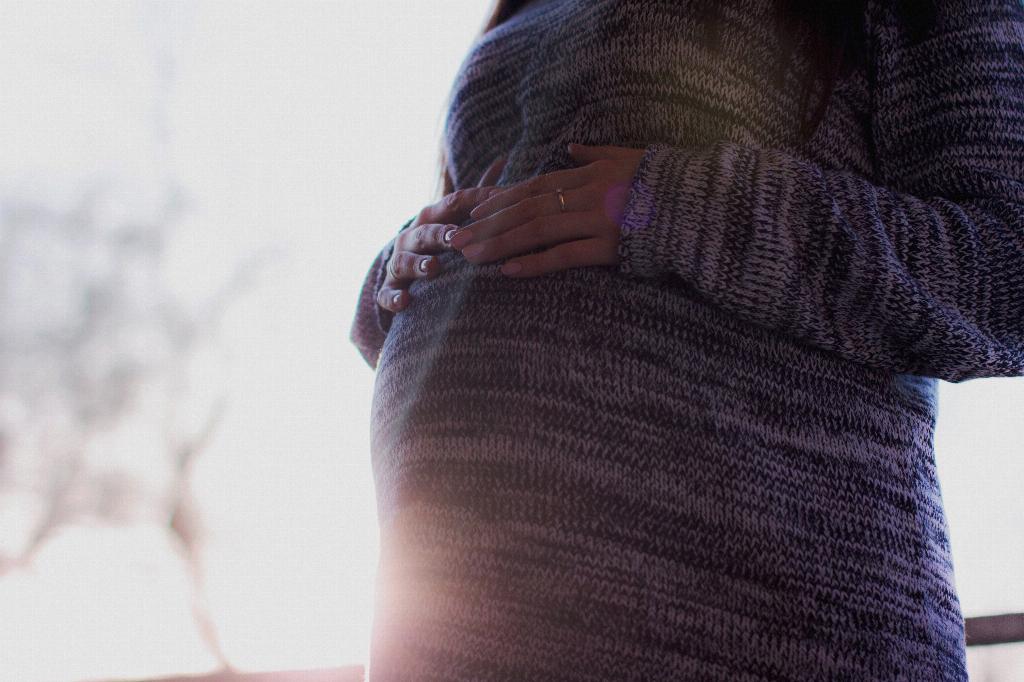When it comes to pregnancy, weight gain is a natural and expected part of the process. However, gaining too little weight during pregnancy can have serious consequences for both the mother and the baby.
One of the key risks associated with inadequate weight gain during pregnancy is the potential for premature birth. Premature birth can lead to a host of complications for the baby, including respiratory issues, feeding difficulties, and an increased risk of long-term health problems.
In addition to premature birth, inadequate weight gain can also result in a baby with a low birth weight. Babies born with a low birth weight (less than 2.5kg or 5.5lb) are at a higher risk of developing health issues both in the short term and later in life.
Furthermore, when a pregnant woman doesn’t gain enough weight, it can indicate that her body is not storing enough fat reserves. This can impact the mother’s energy levels, nutrient stores, and overall health during and after pregnancy.
It’s important to recognize that insufficient weight gain during pregnancy can be influenced by various factors, including the mother’s diet and weight before becoming pregnant. A lack of proper nutrition and a low pre-pregnancy weight can predispose a woman to struggle with weight gain during pregnancy.
Not gaining enough weight during pregnancy can also increase the risk of maternal complications. Women who don’t gain adequate weight may be more susceptible to conditions such as gestational diabetes, preeclampsia, and even postpartum depression.
Furthermore, inadequate weight gain can impact the mother’s recovery after childbirth. Proper weight gain during pregnancy is essential for replenishing the mother’s body post-delivery and supporting the demands of breastfeeding.
It’s crucial for pregnant women to work closely with their healthcare providers to monitor their weight gain throughout pregnancy. Regular prenatal visits and screenings can help identify any issues with weight gain early on and allow for appropriate interventions.
Addressing inadequate weight gain during pregnancy may involve making dietary changes, increasing calorie intake, and incorporating more nutrient-dense foods into the mother’s meals and snacks.
Exercise during pregnancy can also play a role in promoting healthy weight gain. Low-impact activities and gentle exercises approved by a healthcare provider can help support weight management and overall well-being.
In conclusion, failing to gain enough weight during pregnancy can have far-reaching implications for both the mother and the baby. It’s essential for pregnant women to prioritize proper nutrition, weight monitoring, and prenatal care to ensure a healthy pregnancy and optimal outcomes for both themselves and their babies.

